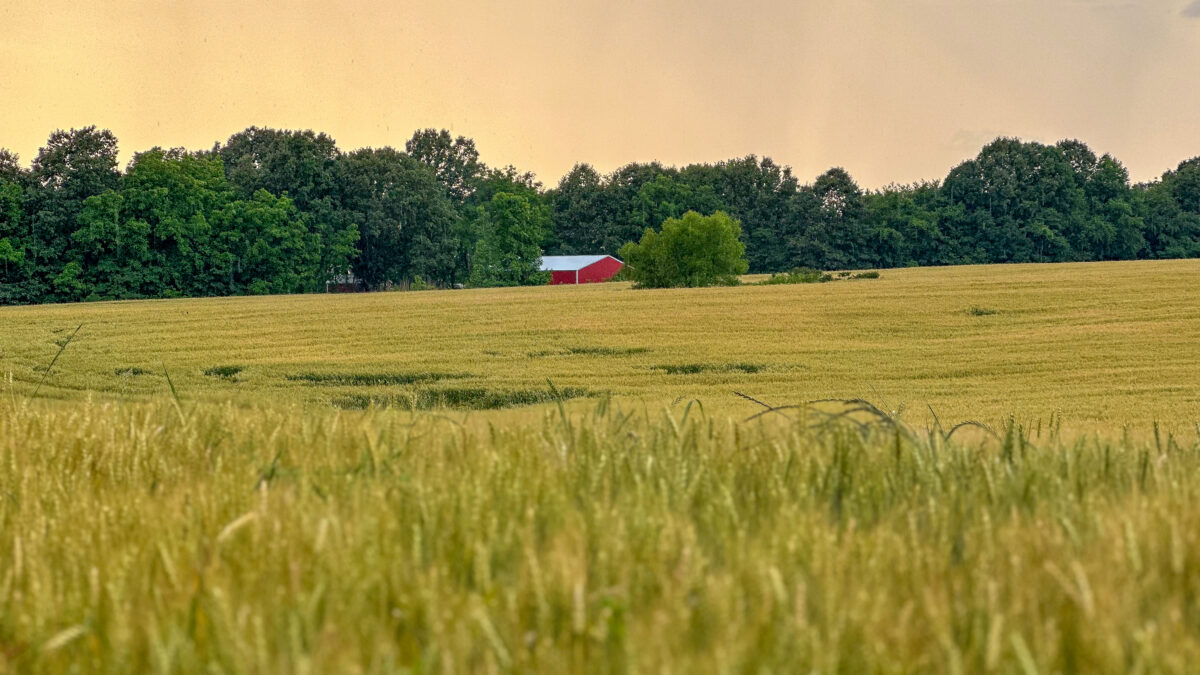4 Types of Millennials Shape the Future of Agriculture Advocacy
Guest Author
Special Contributor to FB.org

photo credit: AFBF Photo, Morgan Walker
Guest Author
Special Contributor to FB.org
By Shiloh Perry
The millennial generation is talked about for being a unique generation, with needs, wants and desires that are very different from any other. Looked down on by some and praised by others, millennials are now the largest generation, according to the Pew Research Center. The center’s analysis of U.S. Census Bureau data shows that millennials, young adults ages 18-34, exceeded the number of baby boomers in 2015. My generation is also the largest generation in the workforce today.
Like it or not, the world has to adjust to millennials, a generation that is confident and collaborative, according to academics. Fortunately, the world is adjusting to us, just as we are adjusting to it. Business industries, including agriculture, are adapting to our futuristic way of thinking. Different industries are adapting to us in various ways, with professionals in most industries probably in agreement that it is important to engage millennials in their advocacy efforts.
American agriculture works hard at advocating. Farmers and ranchers strive to connect with younger generations and teach them about agriculture. However, successfully telling agriculture’s story today must include understanding some of the influences behind millennial involvement in agriculture advocacy.
In college, I had the opportunity to research why millennials become involved in agriculture advocacy efforts. From talking to other student leaders who attended the National Agriculture Advocacy Conference at Texas A&M University, I found there are four types of millennials engaged in agriculture advocacy.
Defined by their background influences, motivation and specific outlooks of agriculture advocacy, the four types of millennial agriculture advocates are:
The Perpetual Advocate
The perpetual advocate is motivated by his or her past involvement and experiences. They have been involved in some type of agriculture advocacy activities before. They have also often had some experience in agriculture-related youth organizations like 4-H or FFA. The perpetual advocate likes to be busy and tends to stay involved in agriculture advocacy efforts for long periods of time.
The Family Man or Woman
The family man or woman advocate is motivated by a family connection to agriculture advocacy. At a very early age, their families taught them about the importance of agriculture and agriculture advocacy. The family man or woman advocate is involved to meet new people and for the other social aspects of advocacy efforts.
The Visionary
The visionary advocate is always thinking about the future and how he or she can create change for the better. They are motivated by their need to be a part of something greater, something that matters or that is productive. The visionary advocate is involved because he or she wants to figure out how weaknesses associated with the industry’s advocacy efforts can be turned into strengths. While they have a very futuristic way of thinking, they see the importance of looking at both sides of an issue to make sound judgments about it.
The Traditionalist
The traditionalist advocate is motivated by the tradition he or she associates with agriculture advocacy. Their passion for agriculture is often influenced by the family tradition of farming or ranching. The traditionalist advocate thinks that agriculture advocacy should focus on the tradition of agriculture, the facts of agriculture production and all sectors. Their continued involvement in agriculture advocacy stems from their desire to help educate the public.
Most of the student leaders I talked to had an agriculture background, were very close to their families and wanted to make connections, both personally and professionally. While my findings do not explain why every millennial is involved in agriculture advocacy, they provide valuable insights about why certain millennials with a connection to agriculture are involved in the industry’s advocacy efforts.
My generation is already extensively involved in agriculture advocacy. A greater understanding of millennial involvement can only strengthen these efforts. It is time to do more to engage today’s largest generation in agriculture advocacy efforts. Millennials telling agriculture’s story help share its importance not only now, but for generations to come.
Shiloh Perry
Media Relations Specialist
Top Issues
VIEW ALL